Understanding Dizziness, Vertigo & Imbalance
Dizziness, vertigo, and imbalance can result from various conditions, including inner ear infections, injuries, and neurological issues. The inner ear, or vestibular system, is a critical component of balance, working alongside vision and proprioception (sensation from the feet, muscles, and joints). When any part of this system is disrupted, balance suffers, leading to symptoms like dizziness, unsteadiness, and even nausea.
Balance disorders generally fall into two categories:
- Dizziness and Vertigo: This type of imbalance is often triggered by head movements, sudden changes in position, or activities like driving. Examples include benign paroxysmal positional vertigo (BPPV), which can cause brief, intense spinning sensations when turning the head, and vestibular neuritis, leading to prolonged episodes of vertigo.
- Persistent Imbalance: This category is characterized by a continuous feeling of unsteadiness or a lack of stability. Common examples include the sensation of feeling "off-balance" while walking or standing, often seen in conditions like multiple sclerosis or after a stroke, where individuals may feel as if they are swaying or unable to maintain their footing.
Causes of Balance Disorders
Balance disorders can arise from various causes:
- Inner Ear Issues: Problems like benign paroxysmal positional vertigo (BPPV) and Meniere’s disease are among the most common causes of balance issues, accounting for about 85% of cases.
- Infections and Illnesses: Common infections, such as the flu or a cold, can sometimes lead to dizziness. More serious infections like meningitis can also disrupt inner ear function.
- Neurological Conditions: Conditions such as stroke, traumatic brain injury (TBI), or Parkinson's disease may present with balance difficulties as an early symptom.
- Injury and Trauma: Common injuries, like concussions from sports or accidents, and whiplash from car crashes, can often lead to dizziness and balance problems.
- Medication Side Effects:
Certain medications, like sedatives or some blood pressure drugs, can impact balance and cause dizziness.
Neurodiagnostic Testing at 4 Bridges Audiology
Our advanced neurodiagnostic testing allows our team to evaluate the inner ear’s function beyond structural imaging. This testing helps pinpoint disruptions within the vestibular and auditory pathways, enabling us to tailor effective treatment plans for each patient. Testing is non-invasive, comfortable, and utilizes the latest technology, ensuring precise and accurate diagnostics.
If you experience any of these symptoms, an evaluation may be beneficial:
- Spinning Sensations: A feeling of motion or spinning, often triggered by quick head movements or changes in position.
- Unsteadiness While Walking: Difficulty walking, especially in low light, on uneven surfaces, or while navigating stairs.
- Feeling Off-Balance in Crowded Spaces: Experiencing a sense of instability in busy environments, like grocery store aisles or crowded sidewalks.
- Visual Discomfort with Motion: Difficulty focusing on moving objects, such as escalators or passing cars, leading to dizziness or discomfort.
- Nausea or Vomiting: Feeling nauseous or experiencing vomiting during episodes of dizziness.
- Ringing in the Ears or sudden changes in hearing: Accompanying tinnitus or sudden changes in hearing can be related to vestibular disorders.
Our dedicated team at 4 Bridges Audiology is here to help you understand and manage these symptoms effectively. Schedule an appointment to explore treatment options that can help you regain stability, confidence, and quality of life.
Find out if a vestibular and equilibrium evaluation should be considered.
Take the Patient Self Quiz Now!
What To Expect During Your Test
Take The Patient Self Quiz!
Do you experience any of the following…?
- A feeling of motion, spinning or falling when moving your head quickly or changing your position? (ex. getting in and out of bed)
- Uncomfortable trying to get around in the dark?
- Walking down the grocery store aisles or through the mall is upsetting?
- Your feet just won't go where you want them to?
- A sense of unsteadiness? A feeling you are not surefooted?
- A fear of falling or stumbling?
- Looking at moving objects such as escalators or looking out the side window of a car makes you queasy?
- Difficulty keeping your balance as you walk on different surfaces? (ex. Tile to carpet)
- A feeling like you are drifting or being pulled to one side when walking?
- No one really understands how frustrating this is?
If you answered yes to one or more of these questions, a vestibular and equilibrium evaluation should be considered. To schedule an appointment contact us at
(423)521-3277








